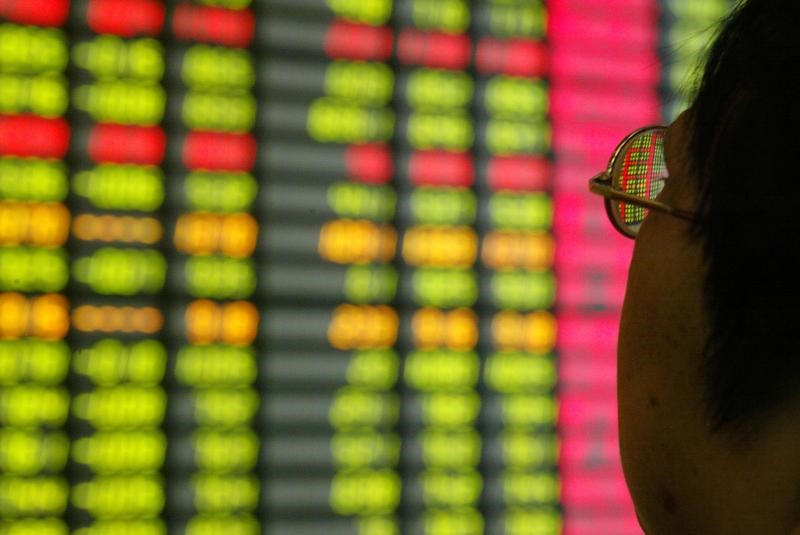By Patturaja Murugaboopathy
(Reuters) - Foreign outflows accelerated in Asian equities in August as tensions in North Korea prompted global investors to book profits, but analysts predicted money would return on the back of positive earnings momentum and attractive valuations.
Data from seven Asian exchanges including India, Indonesia and Thailand showed foreign investors sold about $4 billion (£3.01 billion) in total in August, the highest amount this year.
"Tensions on the Korea peninsula increased, causing investors to book profit (in August)," said Jim McCafferty, head of equity research for Asia Pacific at Nomura.
"We are still optimistic for the second half of the year. Earnings momentum has been good and Asia is cheap compared to the US."
Thomson Reuters data showed Asian companies' total earnings beat their estimated earnings by 7 percent in the June quarter, with South Korea, Japan and Chinese firms taking the lead.
According to the data, China's industrial firms posted more higher profits, as the building boom fuelled demand and lifted prices for everything from cement and steel to glass and copper wiring.
"China's economy continues to grow strongly. Consumer confidence in Japan is improving and Japan’s earnings season has been strong," said Nomura's McCafferty.
Private purchasing managers' indexes (PMIs) for August increased for Taiwan, Singapore, India, Indonesia and South Korea, and in all cases except South Korea, the numbers showed an expansion of manufacturing activity.
At the end of August, the MSCI Asia-Pacific index (MIAP00000PUS) had a forward price earnings ratio of 13.9, lower than the MSCI United States index's (MIUS00000PUS) 18.4 and MSCI Europe's 14.9. Some analysts say this indicated global funds were still under-invested in the region.
And with global liquidity still higher, analysts said Asian equities will benefit from that.
"Cash levels remain elevated, suggesting markets can remain in an Icarus upside mode for risk assets," said Michael Hartnett, chief investment strategist at BofA Merrill Lynch.
While foreign investment has slowed in the region, domestic investors have pitched in to support some equity markets.
Domestic investment in Indian markets stood at $2.5 billion for August, which was much higher than the foreign inflows in the month.
"The rising weight of domestic investors is a powerful one," said Frank Benzimra, head of Asia equity strategy at Societe Generale (PA:SOGN) in Hong Kong.
"Japan domestic investors' flows also take the lead and China investors on the Chinese stocks listed in Hong Kong through the Southbound flows."
